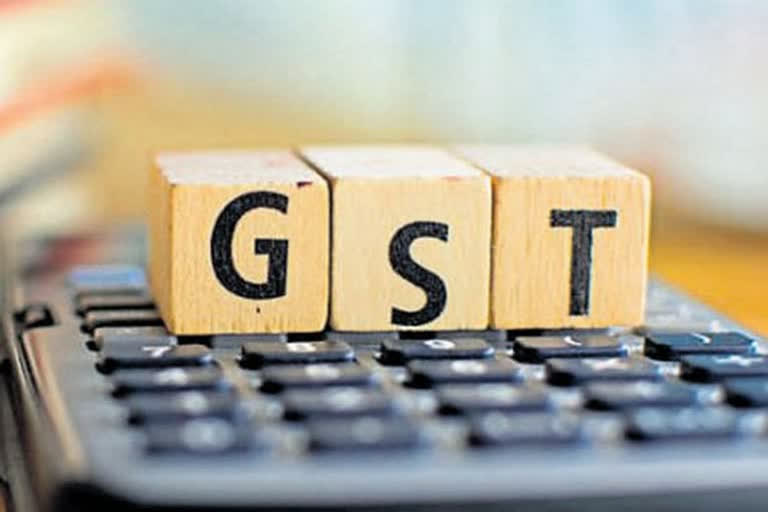New Delhi: The GST Council is likely to meet on August 27 to discuss the compensation payout to states and the opinion of the Attorney General on the legality of market borrowing to meet revenue shortfall.
Sources said the 41st meeting of the Goods and Services Tax (GST) Council would be a single agenda meeting on states' compensation to be held via video conferencing.
Besides, a full-fledged meeting of the Council would be held on September 19, agenda for which is to be decided in due course, they added.
The Attorney General- who is the chief legal officer of the government -has opined that the Centre has no statutory obligation to make up for any shortfall in GST revenues of states from its coffers , sources had said.
They had earlier indicated that following the AG's opinion, states may now have to look at market borrowings to meet the revenue shortfall and the GST Council will take a final call.
The Centre had in March sought views from Attorney General K K Venugopal on the legality of market borrowing by the GST Council to make up for any shortfall in compensation fund - a corpus created from levy of additional tax on luxury and sin goods to compensate states for revenue shortfall arising from their taxes being subsumed into GST.
Read more: Cabinet approves proposal for leasing out Jaipur, Guwahati and Thiruvananthapuram airports
The AG had also opined that the Council has to decide on meeting the shortfall in the GST compensation fund by providing the sufficient amount to be credited to the fund.
Sources said the options before the Council for meeting the shortfall could be to rationalize GST rates, cover more items under the compensation cess or increase the compensation cess, or recommend higher borrowing by states to be repaid by the future collection into the compensation fund.
Since raising tax or cess rates might not be feasible in the current pandemic situation, the option that remains is each state borrowing from market against the consolidated fund of the state. Under the GST law, states were guaranteed to be compensated bi-monthly for any loss of revenue in the first five years of the GST implementation from July 1, 2017. The shortfall is calculated assuming a 14 per cent annual growth in GST collections by states over the base year of 2015-16.
Under the GST structure, taxes are levied under 5, 12, 18 and 28 per cent slabs. On top of the highest tax slab, a cess is levied on luxury, sin and demerit goods and the proceeds from the same are used to compensate states for any revenue loss.
The GST Council has to decide how to meet the shortfall in such circumstances and not the central government, sources added.
Any borrowing of the central government is upon the security of the Consolidated Fund of India. Similarly, borrowing by a state government is upon the security of the consolidated fund of the state. In either case, it would lead to increased general government debt burden and also a higher fiscal deficit.
The payment of GST compensation to states became an issue after revenues from the imposition of cess started dwindling since August 2019 and the Centre had to dive into the excess cess amount collected during 2017-18 and 2018-19.
The Centre had released over Rs 1.65 lakh crore in 2019-20 as GST compensation. However, the amount of cess collected during the year 2019-20 was Rs 95,444 crore.
The compensation payout amount was Rs 69,275 crore in 2018-19 and Rs 41,146 crore in 2017-18.
(PTI Report)



